
It has been about 5 years since we last heard from Erykah Badu. After the release of Worldwide Underground the songstress has been on hiatus, rarely to be seen and even contemplating giving up music all together due to a lack of inspiration. But it seems that the ills of society have rejuvenated her creative juices and revived her spirit as she returns with what might be her most confrontational and creative album, New Amerykah Part One (4th World War).
One thing that is amazing about New Amerykah is the way it is put together. With stellar, cohesive production coupled with a captivating theme and strong subject matter, Badu strikes many chords that will definitely have the listener thinking. She covers a lot of ground on here dealing with subjects like poverty, female insecurities, and generation gaps amongst other topics. The tone is set from the outset of the intro “Amerykahn Promise.” Over a blaxsploitation, Parliament/Funkadelic sounding beat, the contradictions of American society are on display as exemplified in lines like, “We love to suck you dry/All the while we’re keeping you high…” The first song on the album, the Madlib produced “The Healer” is a dark, eerie, heavy bass track that serves as an explanation of the relevance of hip hop. Interpreted, hip hop is the healer that unites us all and the representation of the beginning of a new day. It is defined as the language of the gods, as expressed in the chorus as Badu sings the names by which the most high is known.
“Soldier” is a revolutionary track that will have one thinking of Erykah as a modern day Harriet Tubman by the way she is ready to commit to the causes of those who are down and out, “To my folks on the picket line/Don’t stop ’til you change their mind/Got love for my folks /Baptized when the leavees broke/We gonna keep marchin’ on/Until you hear that freedom song/And if you think about turning back/I got the shotgun on your back….” Another shining moment is when production meets perfection on the Sa-Ra produced “Master Teacher,” a song about self expression and self acceptance. With a strong guest appearance by jazz artist and frequent Sa-Ra contributor Georgia Ann Muldrow, “Master Teacher” is the quest of someone trying to find acceptance in the world and who they truly are all the while remaining conscious and not letting outside influences affect them. Badu also takes the time to get personal on this album with the tracks “Me,” a semi-autobiographical song explaining what makes her, well, her and “Telephone,” the Questlove and James Poyser produced dedication to J Dilla. The song is touching and truly shows the emotion and respect that she had for the famed producer. She even makes reference to certain producing techniques which will surely hit home for the average Dilla fan.
The only issue with New Amerykah is how far are the listener is willing to, as Jimmy Hendrix put it, “become experienced.” This album takes the listener out of his/her element and into the artist’s world, but sometimes it might be a little too much and only after time could one truly appreciate it. For instance, the brilliant “My People” is a well-produced Madlib track, but the beat does not vary and the only lyrics are pretty much the words in the title. Still being a great groove, it might leave the listener wanting more out of it. But what is wrong with pushing the boundaries of music? It has been a while since we have witnessed an album of this caliber make it on the scene. The album could be viewed on the same level for its experimentation as Outkast’s 1998 masterpiece Aquemini. It’s been a while since we have had a chance to bear witness to greatness on a level like this, proving that good things are always worth the wait. – Ryan Harrison
Comments
No Comments
Leave a reply
- Raekwon Sets A Release Date For “F.I.L.A.” Album
- BUSH: A Snoop Odyssey Produced By Pharrell Williams [Preview]
- Drake – “If You’re Reading This It’s Too Late” Surprise Album on iTunes Now
- Action Bronson “Mr. Wonderful” Cover Art and Tracklist
- Juicy J “Blue Dream & Lean 2″ Mixtape Cover Art & Release Date Revealed
- MF Grimm “MF Love Songs” Cover Art + Tracklist
- Lord Hakim – “Brass Knucklez” (feat. Vast Aire & Phizz Ed)
- IAMSU! – “Hella Good” (feat. Tyga)
- DJ Kay Slay – “I Declare War” (feat. Styles P, Sheek Louch, Vado, Raekwon, & Rell)
- Maverick Sabre – “We Don’t Wanna Be” (feat. Joey Bada$$)
- Cannibal Ox – “Blade: Art of Ox” (feat. Artifacts & U-God; prod. Black Milk)
- Asher Roth – “Blow Your Head” (prod. Nottz)
- It's Time To Say Goodbye...
Commented on by Yungplex - It's Time To Say Goodbye...
Commented on by geedubbleyoo - Fat Trel - "In My Bag" (feat. Wale)
Commented on by Katae - Kanye West's "Runaway": What Does It All Mean?
Commented on by fidgar - Sole Vs. El-P: Part One - Sole
Commented on by Reno Yakavetta - It's Time To Say Goodbye...
Commented on by Atom
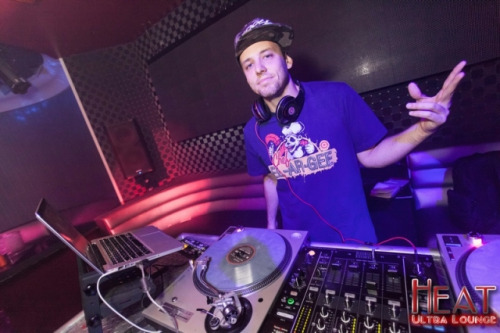

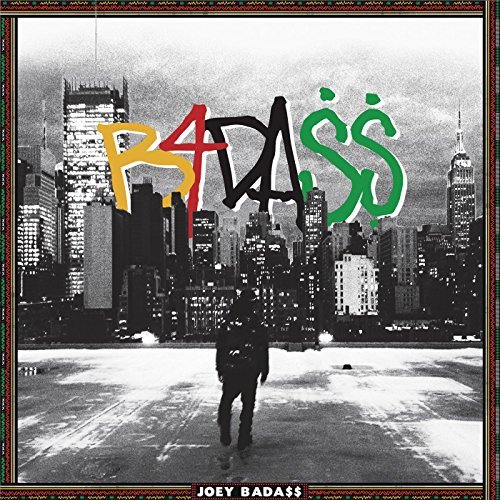







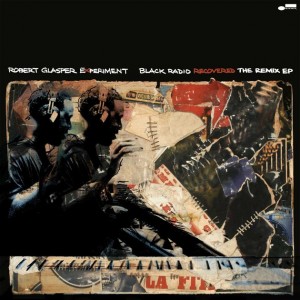
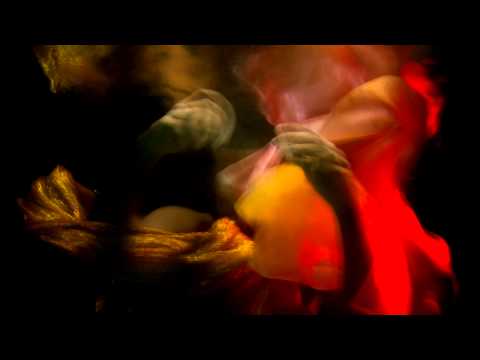
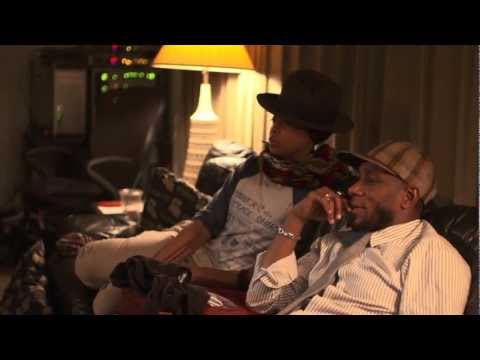

 Mixtape D.L.
Mixtape D.L.
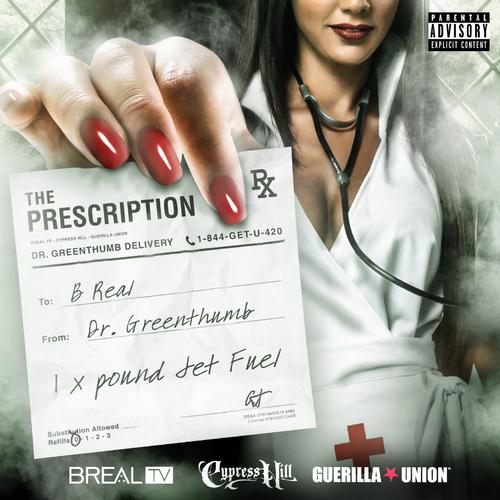

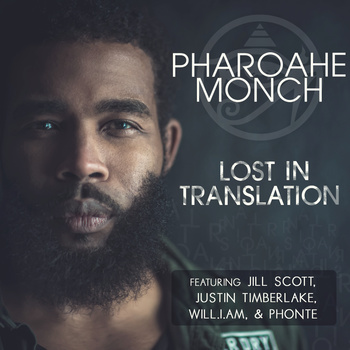

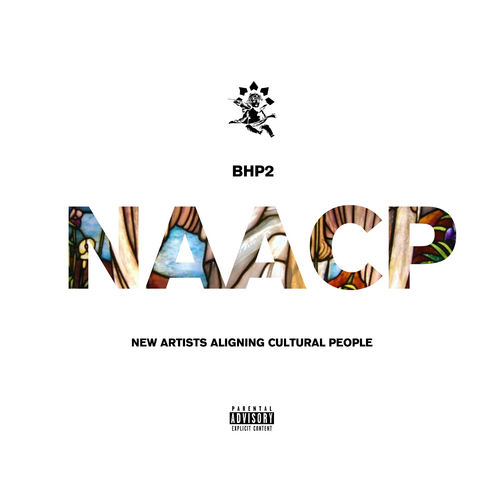
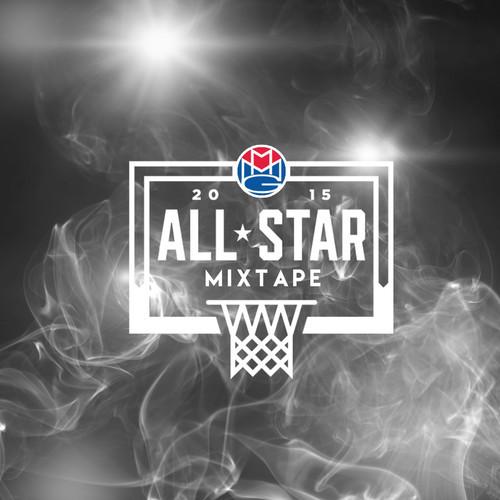
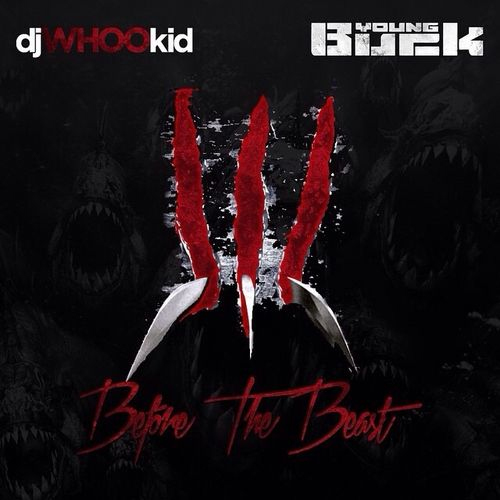
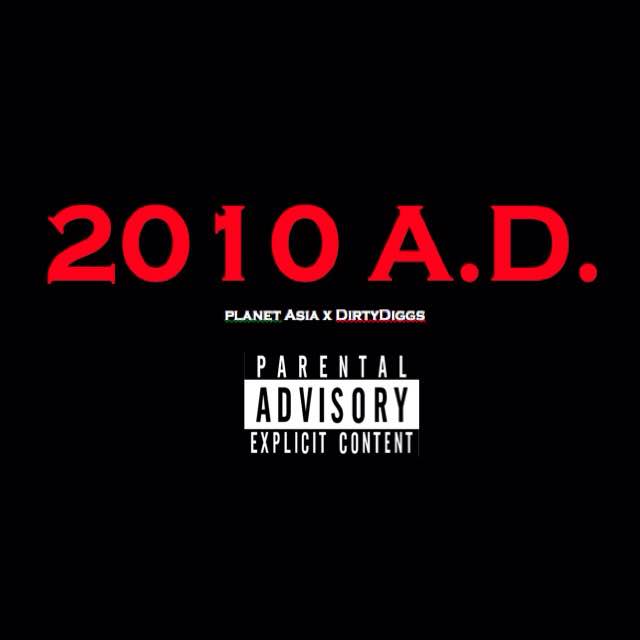
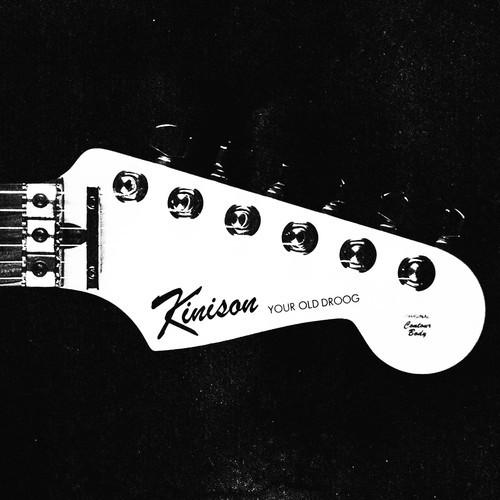
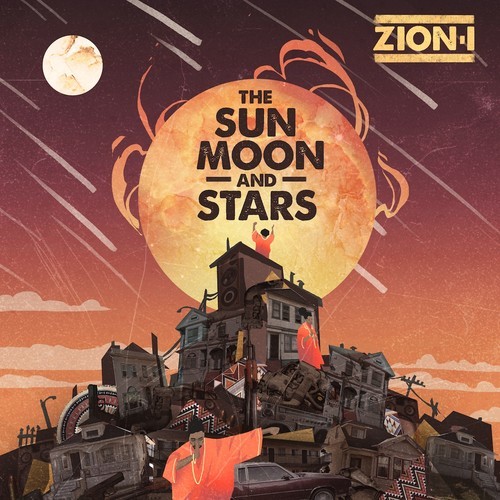

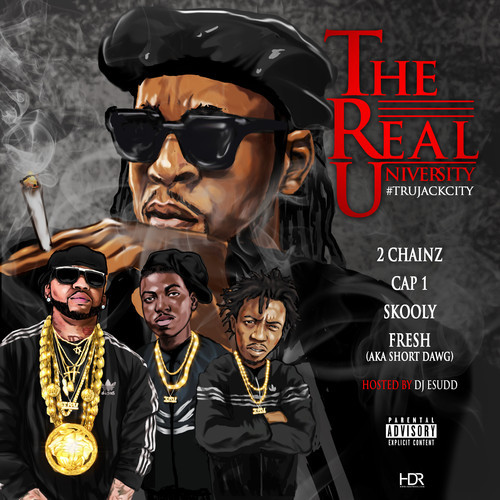
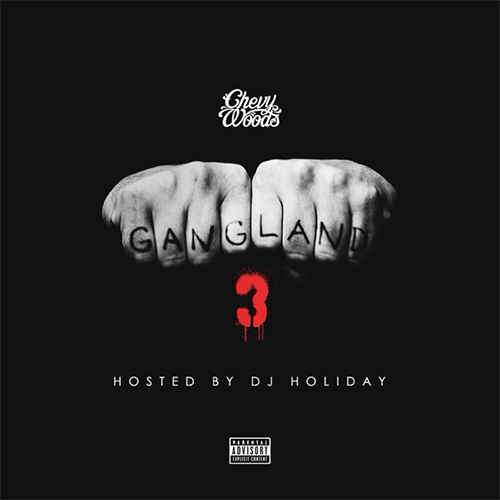
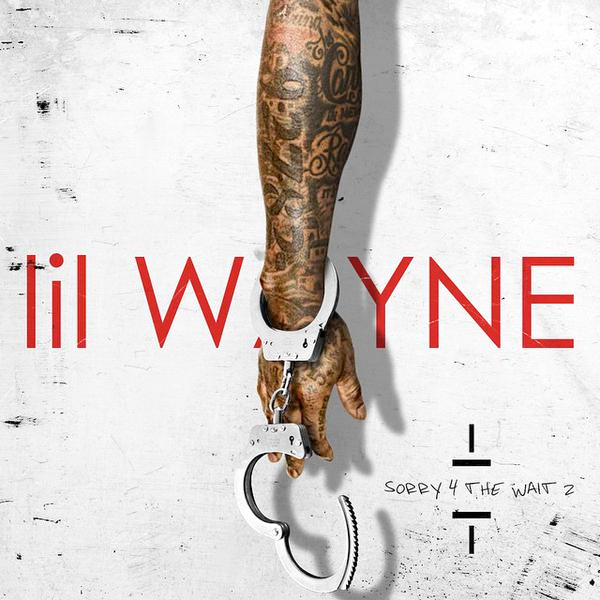
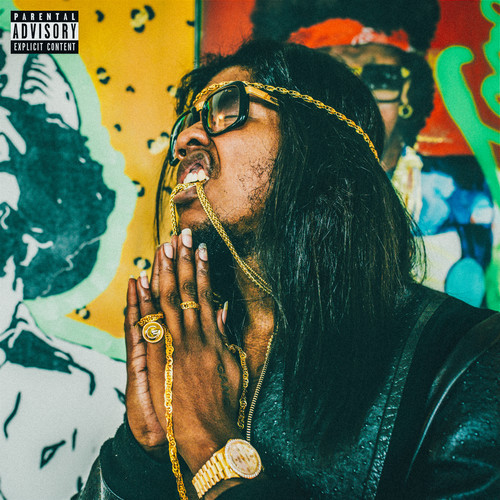





1 April, 2008@2:02 am
0 comments